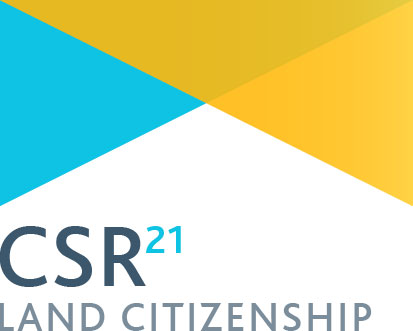
"Africa Should Consider Local Companies in Mining, Petroleum Negotiations"
An interesting piece popped up in the feeds today from AllAfrica, which picked up an article run in the Ethiopian Herald entitled “Africa Should Consider Local Companies in Mining, Petroleum Negotiations”.
While not a world shaking contention, and nor is the article in which the argument is made particularly incisive or well written, it’s nonetheless a neat reminder of the growing belief that supply chain reform is a golden area in which the aims and needs of countries, development organisations, mines, local business and tax raising jurisdictions coincide.
We’ve had our share of discussions with evangelists and innovators in this regard, but at its most basic level it’s common sense; and for those who are in a position correctly to argue that local capacity constraints are the principal barrier, perhaps the training needed to bridge that gap could be a mutually beneficial channel for CSR.
A UN official urged African countries to consider local companies during negotiations and provision of contracts for exploration and development of mines, which is almost taken by foreign companies.
A UN Regional Advisor in charge of negotiations on natural resources at the ECA, Martin Ndende said "the problem of Africa is that we negotiate specifically with foreign investors and most of our countries neglect local private sectors."
While African States are endowed with natural resources, especially precious metals and stones, and petroleum, the populations do not adequately benefit from the extractive industries.
Foreign investors and multinational corporations are the main beneficiaries, with source countries receiving low share of revenue while the extraction may inflict long-term damage to the environment.
A two-day policy dialogue on the challenges faced by African states in mining and petroleum contract negotiations, being held in Addis Ababa, the capital of Ethiopia is aimed at conferring at this. [sic]
The continent needs to deal with policies to build capacity of local private enterprises and, establish and strengthen small scale mining enterprises.
"This meeting will help us to discuss for the first time together on our challenges and after identifying challenges we have to build our strategy in collaboration with the multi disciplinary experts."
According to a release by ECA, petroleum and mining contract negotiations in Africa are often limited to technical experts, or to small groups of negotiators who are not adequately skilled to represent the interests of all stakeholders.
Opportunities regarding sustainability, environmental impact and gender equity are missed during the negotiations.
The complexity of contract provisions and the applicable legal and fiscal regimes, business, technical and cross-cutting issues, and other aspects related to petroleum and mining, require the participation of competent experts from different fields.
The meeting is also discussing on the need to incorporate all stakeholders during mining and petroleum negotiations.
UNECA Deputy Executive Secretary Abdalla Hamdok on his part said African states should perform balanced negotiations.
He said "the balanced negotiation of contracts should based on three components as economical, social and political issues helping with dispute resolution as well."
Corruption and illicit financial flow are among the major challenges that hindered Africa from benefiting from its mining and petroleum resources.
Directors of mining, natural resources, high level officials of petroleum producing member states, regulators, environmentalists and beneficiation experts and practicing lawyers are taking part in the dialogue.
Creation of a continental "multidisciplinary" framework for the exchange of experience and support; development of practical tools or guidelines establishing fundamental rules to be followed in contract negotiations; and development, of "model contracts" that may be used by member states in the process of mining and petroleum contract negotiations, are among the expected results of the meeting.
ENDS
Photo: Francisco Gonzalez via 500px. Used under Creative Commons licence 3.0





